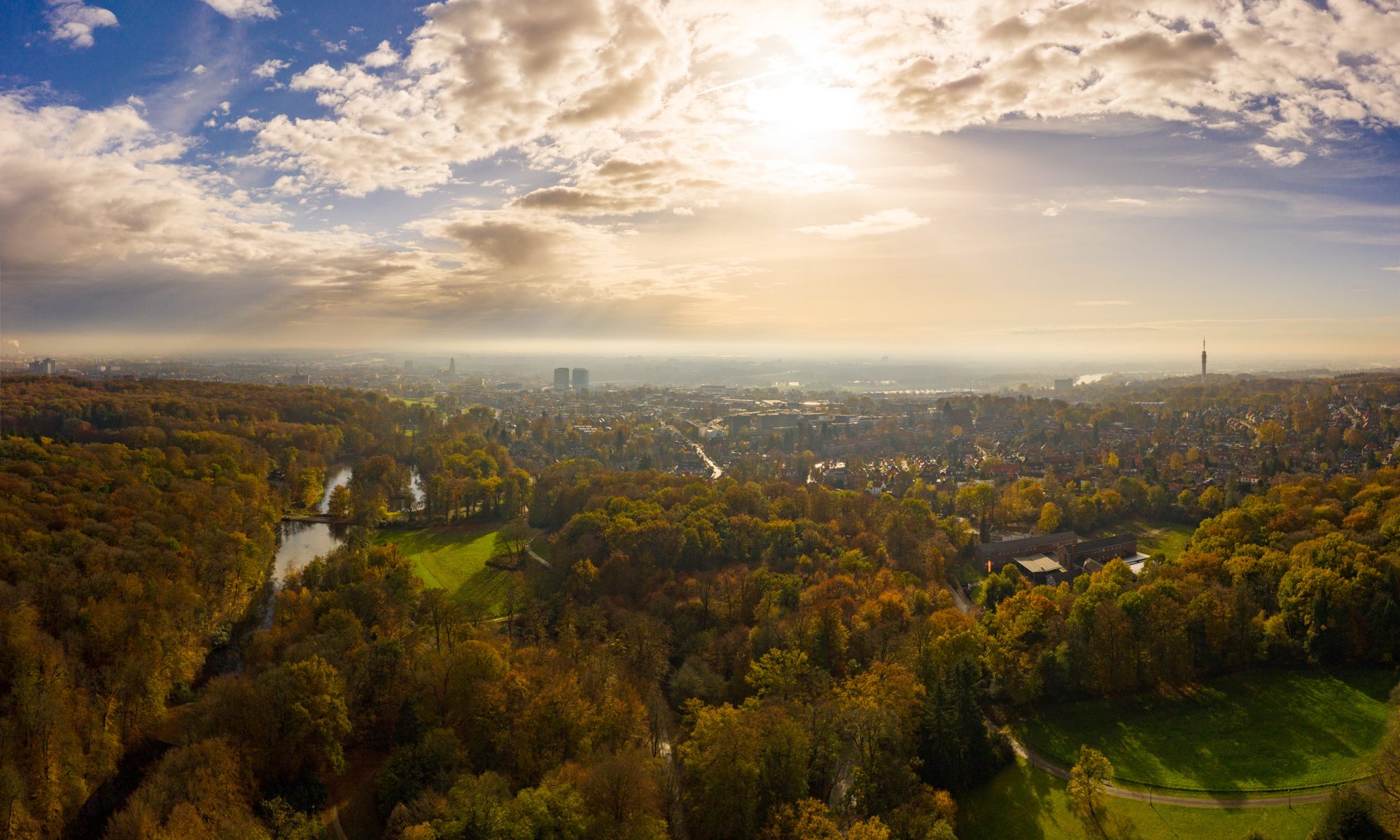 Some time ago I had a discussion at the Rathenau institute with Geert Munnich about a new project they are setting up (the picture on the side I took of Geert and Mirjam Schuijff to show them that it is not only information they publish themselves that may harm their privacy but also pictures someone else might take that includes date and GPS data). During this meeting we talked about the idea that in a way the Internet is often used for the same purpose as the formal databases are used to find information about people. There is so much valuable information to find on people if you take some effort to find it. It is probably even richer than the data in many formal databases like those form the civil service.
Some time ago I had a discussion at the Rathenau institute with Geert Munnich about a new project they are setting up (the picture on the side I took of Geert and Mirjam Schuijff to show them that it is not only information they publish themselves that may harm their privacy but also pictures someone else might take that includes date and GPS data). During this meeting we talked about the idea that in a way the Internet is often used for the same purpose as the formal databases are used to find information about people. There is so much valuable information to find on people if you take some effort to find it. It is probably even richer than the data in many formal databases like those form the civil service.
In relation to this I came across this article. It deals with Judge Scalia of the supreme court in the USA. He has always played privacy issues down in relation to information stored on the Internet. However, recently a professor of law in the USA asked a group of his students to compile a dossier on judge Scalia based on information they could find on the Internet. This turned into a 15 page dossier with much information that is fairly personal like the food he likes, the movies he goes to, private e-mail addresses and more. The response of Scalia was as follows:
It is not a rare phenomenon that what is legal may also be quite irresponsible. That appears in the First Amendment context all the time. What can be said often should not be said. Prof. Reidenberg’s exercise is an example of perfectly legal, abominably poor judgment. Since he was not teaching a course in judgment, I presume he felt no responsibility to display any.
I think this reaction completely disregards the duty we have as a society to protect people from too much information floating around. We know that not everybody will be responsible with information they find.
Of course, there is nothing of interest to find about me …



 When I start to work on something new the first thing you do is find a lot of information about the subject you are going to deal with. However, information only gets you started. In order to really understand a subject it is essential to talk to people that have dealt with it before. You can read a wall of books on how to cure diseases but there is no substitute for a talk with the real expert. In every field the amount of knowledge to make the right decisions is so vast, you simply can not write everything down.
When I start to work on something new the first thing you do is find a lot of information about the subject you are going to deal with. However, information only gets you started. In order to really understand a subject it is essential to talk to people that have dealt with it before. You can read a wall of books on how to cure diseases but there is no substitute for a talk with the real expert. In every field the amount of knowledge to make the right decisions is so vast, you simply can not write everything down.
 Some books are very helpful in making you understand developments. This summer I have read a book called
Some books are very helpful in making you understand developments. This summer I have read a book called  It has been a long time since last post due to vacation and various other activities. But even in vacation time you can still enjoy the possibilities of all the new channels of communication and communities.
It has been a long time since last post due to vacation and various other activities. But even in vacation time you can still enjoy the possibilities of all the new channels of communication and communities. Does Wikipedia work or doesn’t it? That is the question.There is a lot of discussion on what the quality of Wikipedia is and how we should use it. An interesting point of view is the comparison with Open Source software. I think there are two quite important distinctions how Wikipedia and the Open Source movement handle the way they organize their processes.
Does Wikipedia work or doesn’t it? That is the question.There is a lot of discussion on what the quality of Wikipedia is and how we should use it. An interesting point of view is the comparison with Open Source software. I think there are two quite important distinctions how Wikipedia and the Open Source movement handle the way they organize their processes.